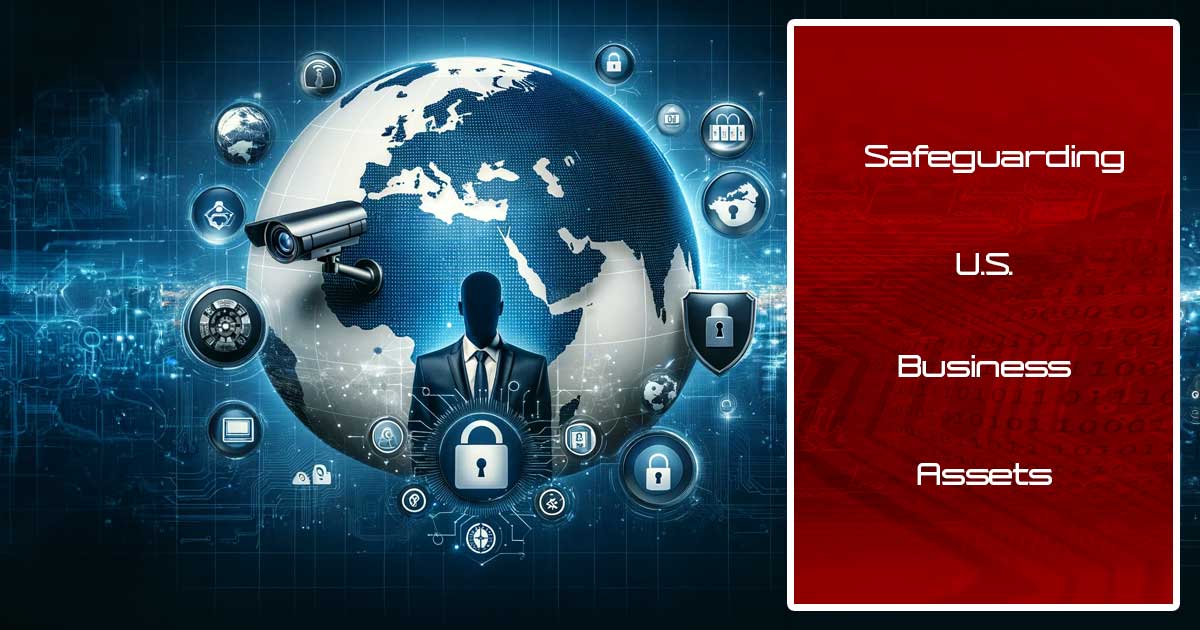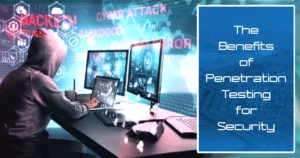In today’s rapidly shifting geopolitical landscape, the term “vigilant security” has become more than just a buzzword—it’s a necessity, especially for US businesses with operations overseas. As the Israel-Hamas conflict continues to unfold, it presents a complex tapestry of challenges for international business operations. This article aims to provide a non-political, comprehensive overview of how US businesses can protect their assets amidst such conflicts, focusing on robust, proactive security measures.
Understanding the Risks
The conflict between Israel and Hamas, like any geopolitical conflict, poses a spectrum of risks for businesses. These include physical threats to assets and personnel, cybersecurity vulnerabilities, and the unpredictability of the political climate. To navigate these challenges, companies must adopt a vigilant security posture that anticipates and mitigates potential threats.
Vigilant Security: Physical Security Challenges
In conflict zones, the physical safety of employees and the security of physical assets are paramount. Businesses must consider risks such as collateral damage, targeted attacks, and the disruption of supply chains. Implementing strict access controls, enhancing surveillance, and establishing emergency response protocols are critical steps.
Cybersecurity Concerns
Geopolitical conflicts often see a rise in cyber warfare tactics. Businesses may face increased risks of cyber-attacks, including data breaches, ransomware, and espionage. Strengthening cybersecurity infrastructure and training employees in cybersecurity best practices are essential measures.
Political and Economic Volatility
Political instability can lead to sudden changes in regulations, sanctions, and market dynamics. Companies must stay informed and agile, ready to adapt their strategies to changing circumstances.
Strategies for Asset Protection
Risk Assessment and Planning
The first step in protecting assets is a thorough risk assessment. This involves identifying specific risks related to the conflict, evaluating the likelihood and impact of these risks, and developing a comprehensive security plan.
Strengthening Physical Security
Investing in robust physical security measures is crucial. This may include fortifying premises, using advanced surveillance technology, and hiring trained security personnel. Regular drills and preparedness training for staff are also vital.
Cybersecurity Vigilance
To safeguard against cyber threats, businesses should implement multi-layered cybersecurity defenses, including firewalls, encryption, and intrusion detection systems. Regular audits and updates of these systems are necessary to counter evolving cyber threats.
Crisis Management and Response
Having a well-defined crisis management plan can make a significant difference in how effectively a business responds to emergencies. This plan should include clear communication channels, roles and responsibilities, and protocols for various scenarios.
Collaboration with Local and International Authorities
Maintaining strong relationships with local and international authorities can provide valuable insights and assistance in navigating the complex security landscape.
Business Continuity Planning
Business continuity planning ensures that a company can maintain or quickly resume critical functions during and after a crisis. This includes contingency plans for supply chain disruptions, remote work arrangements, and financial resilience strategies.
Ethical Considerations and Community Support
In conflict areas, businesses have a responsibility to operate ethically and support local communities. This includes avoiding actions that could exacerbate the conflict and contributing to humanitarian efforts.
Vigilant Security: Adapting to the Digital Landscape
In the digital age, businesses must also consider the impact of their online presence. Managing digital footprints, ensuring secure online communications, and protecting against digital misinformation are key aspects of a comprehensive security strategy.
Conclusion
As the Israel-Hamas conflict underscores, operating in regions affected by geopolitical turmoil requires a vigilant security approach. By understanding the risks, implementing robust security measures, and remaining agile and ethical, US businesses can protect their assets and contribute positively to the regions they operate in.
References:
Bach, D. (2023, October 20). What the Israel-Hamas conflict means for global business. I by IMD. Retrieved from https://www.imd.org
RAND Corporation. (2023, October 11). RAND Experts Offer Analysis of Israeli-Hamas Conflict. Retrieved from https://www.rand.org/news/advisories/2023/10/11.html
To Learn More:
Exploring Drone Warfare Innovations in the Ukraine Conflict: A New Era of Combat
Community Support Initiatives: How Grab The Axe Contributes to Global and Local Causes





Pingback: A UAT Student's Path in Network Security - Grab The Axe
Pingback: Cybersecurity in Computer Science Education: David Gregory's Mission for a Safer Internet
Pingback: Secure Game Development Insights: Daniel Diaz's Approach to Protecting Digital Creativity
Pingback: Tyler's Practical Security Tips: Insights from Robotics Major Tyler Widener
Pingback: Gaming and Cybersecurity Insights: Navigating Digital Security in Creative Fields